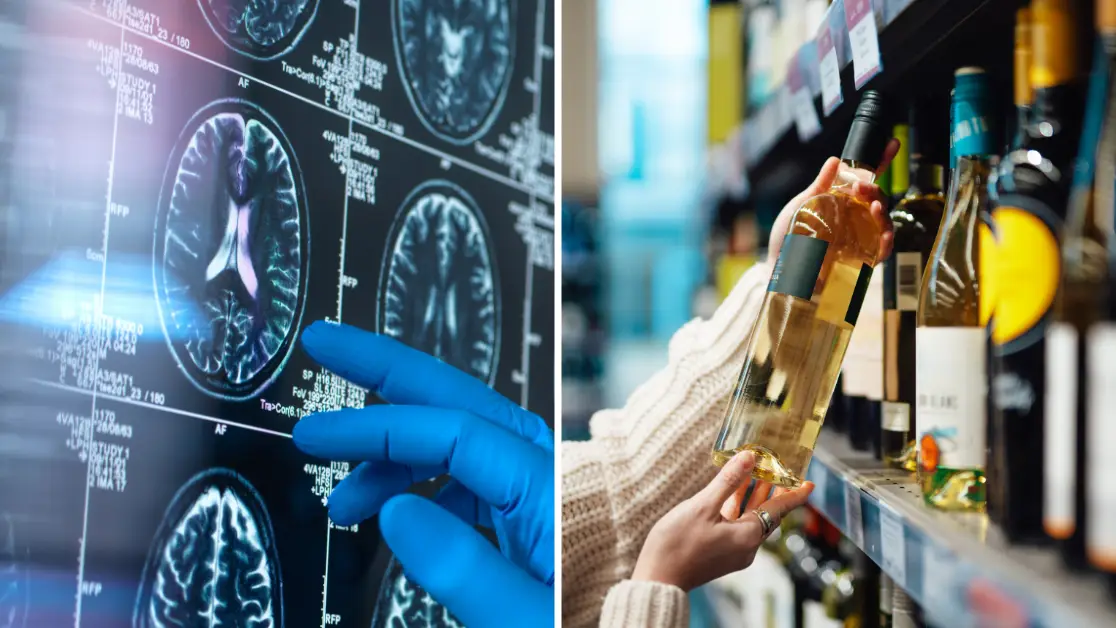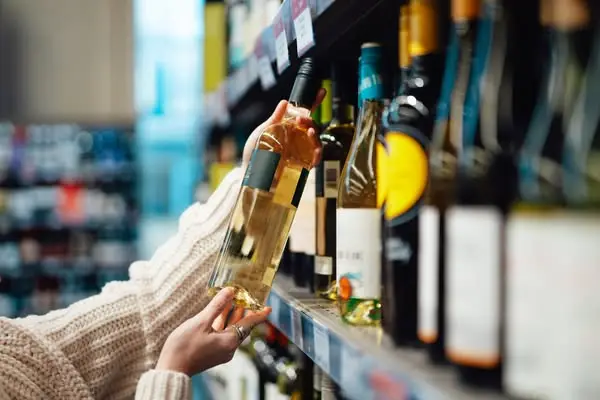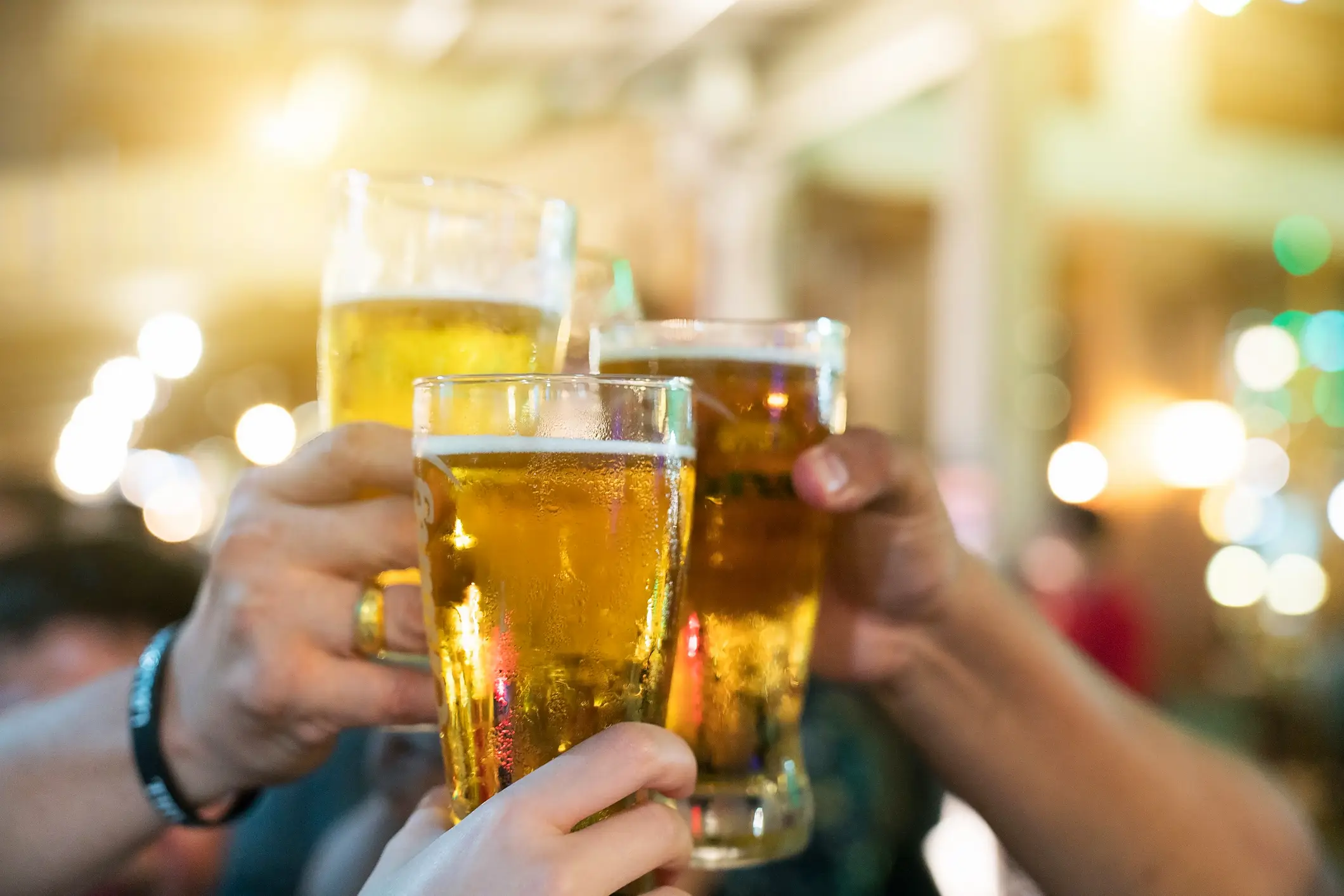
Many of us are currently at the start of Dry January, with the aim of ditching the booze for an entire month to feel a bit better after the Christmas festivities. But this warning from a dementia expert might make you want to extend your booze hiatus...
According to neurologist Dr. Restak, drinking alcohol in later life can have several health implications that some people aren't aware of.
In his book How To Prevent Dementia, he details exactly what age people should put down the booze as well as the benefits of doing so.
While alcohol can obviously be damaging to memory, the doctor also noted that the reason why you drink is important too.
Advert
He said: "Ask yourself, ‘why do I drink?’ If the answer is ‘because alcohol helps me to elevate my mood and lower my anxiety,’ you may be at some peril, and it’s probably best to stop altogether."

There's also a specific type of dementia that is only caused by over-consumption of alcohol.
It's known as Korsakoff’s syndrome, and the neurologist explained: "It is marked by a severe loss of recent memory and results from the direct effect of alcohol on the brain."
So, when should you stop drinking alcohol?
He recommend that 65 is the age where people should totally rule out drinking, but doing so earlier is only going to have a positive effect.
The expert noted that the age is key due to the chances of falling.
He said: "The death rates from falls is increasing, especially among elderly men.
"You are already afflicted with other contributors to falls, such as a decline in strength, muscle atrophy, balance issues, and the taking of medications.

"In that case, drinking alcohol may be especially dangerous."
What are the benefits of quitting alcohol?
Of course, some people will currently be choosing to take part in 'Dry Jan' - a whole month of sobriety.
As well as improving their general wellbeing, however, many who take part are hoping to see one particular side effect of rejecting a tipple for an entire month, after several people who took up the challenge in previous years raved about the drastic improvement that the trend made to their life.
As well as seeing a reduction to their mental health woes - particularly anxiety-related frustration - some claimed to have seen a huge reduction in their professional stress too.
Some also admitted they've been spending significantly less money by only purchasing zero percent beverages or soft drinks, while others boasted about feeling considerably less aches and pains after going sober.
Topics: Food and Drink, Alcohol, Health
